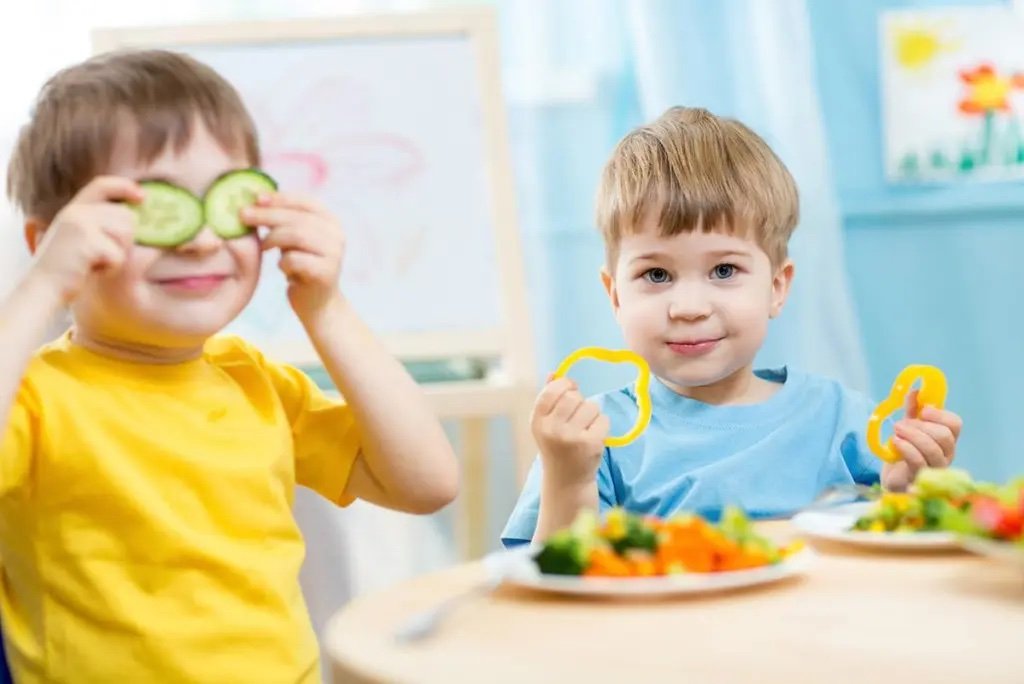Feeding Therapy
Feeding therapy can help kids to eat a varied and healthy diet, overcome sensory-based fears of food, and improve fine motor and oral motor skills in order to successfully participate in mealtimes.
Feeding therapy with a speech language pathologist or occupational therapist can help with:
Picky Eaters (less than 10 fruits/vegetables, 10 sources of protein, 10 grains/carbs, or less than 20 foods total in diet)
If food falls out of your child’s mouth
Slow mealtimes
Frequent vomiting or reflux
Avoidance of specific textures/flavors
Coughing after swallowing
Avoiding mealtimes and food
Slow or limited weight/height gain

